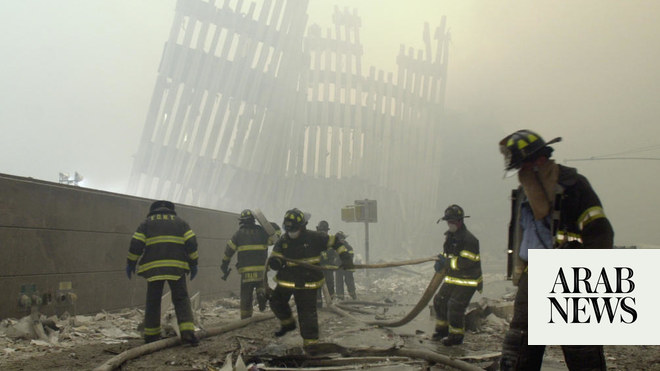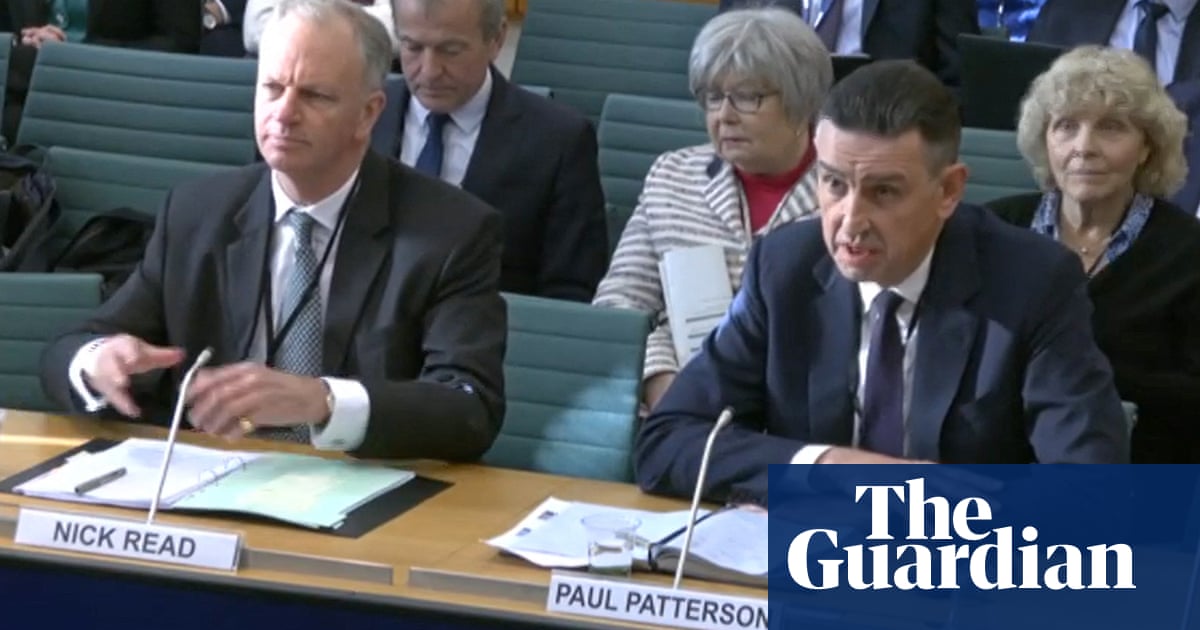
The 9/11 attacks did indeed change our world. America’s war on terror to oust Al-Qaeda and, on its way, the brutal Taliban regime was supported by much of the international community. However, that war was never won and, if anything, the Sept. 11 template of indiscriminate heinous acts against mainly civilians flourished and was emulated (though on a smaller scale) by lone wolves, groups and sometimes covertly by state actors under the pretext of ending oppression and redressing age-old ills in states and societies everywhere.
Twenty years later, the US style of nation-building has clearly failed in Afghanistan. And such failure was documented as the West rushed to pack up and evacuate Afghanistan last August, leaving the nation to suffer its worst humanitarian crisis yet. While international organizations have been trying to find the necessary funds to feed hungry Afghans, the US under President Joe Biden decided to seize $7 billion in assets belonging to the previous Afghan government. Biden last week signed an order to split the funds between victims of the 9/11 attacks and desperately needed aid for post-US Afghanistan.
The Taliban called the move a “theft” that reflects the lowest level of “moral decay.” Other Afghans also criticized the US move, saying it was “unfair and unjust.” Former Afghan President Hamid Karzai reminded Washington that Afghans were also victims of former Al-Qaeda leader Osama bin Laden and called on Biden to rescind his order. But he stopped short of wondering who is likely to compensate Afghans for their losses as a result of the many international blunders committed in their country.
Suffering and hunger are not new to Afghans. Many have left their country for safety or a better opportunity, whether as a result of the Soviet invasion, in pre-US invasion times or after the return of the Taliban.
The wounds of that day remain open for both the American victims of the terrorist attacks and the Afghan people.
Mohamed Chebaro
The Taliban, who fought US-led forces as insurgents for 20 years and now control the whole country, have not been recognized by America or any other country, mostly due to their human rights record. However, with appalling poverty gripping the country, Washington has been seeking ways to assist while sidestepping the Taliban. It plans to put the $3.5 billion of frozen funds into a humanitarian aid trust that will be dispensed for the benefit of the people and the future of Afghanistan.
The other $3.5 billion will ensure people affected by 9/11 will continue to benefit for the time being at least, as the cost of supporting claimants in the next 10 years alone is estimated to be $10 billion.
Compensation, reparation and ensuring that victims and their families are well cared for is a right in developed countries. President Biden’s frozen asset dispensation will be positively viewed in a midterm election year in America, but I am finding it difficult to fathom that the assets of poor and dispossessed Afghans are being used to top up the US compensation scheme.
The irony is that, 20 years after 9/11, the wounds remain open for both the American victims of the terrorist attacks and the Afghan people. It seems that the US federal government has not managed to find a suitable funding mechanism to stretch the compensation scheme to those deserving of it, which is why it is instead using Afghan funds. Similarly, the Taliban last year rushed to seize control of Afghanistan, chasing out foreign forces, without factoring in how to finance their rise to power or their duty to provide basic necessities to their subjects.
• Mohamed Chebaro is a British-Lebanese journalist, media consultant and trainer with more than 25 years’ experience covering war, terrorism, defense, current affairs and diplomacy.
Disclaimer: Views expressed by writers in this section are their own and do not necessarily reflect Arab News" point-of-view












